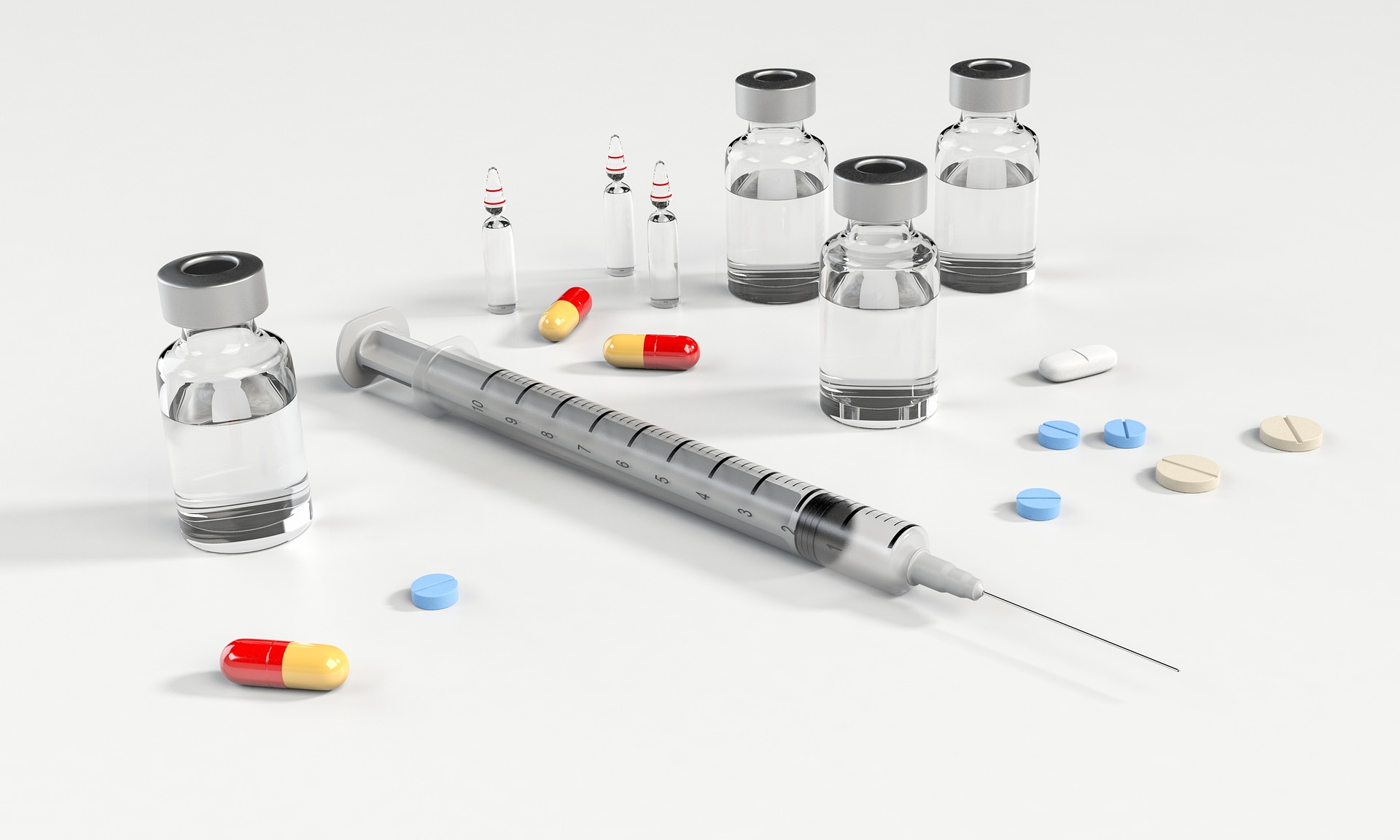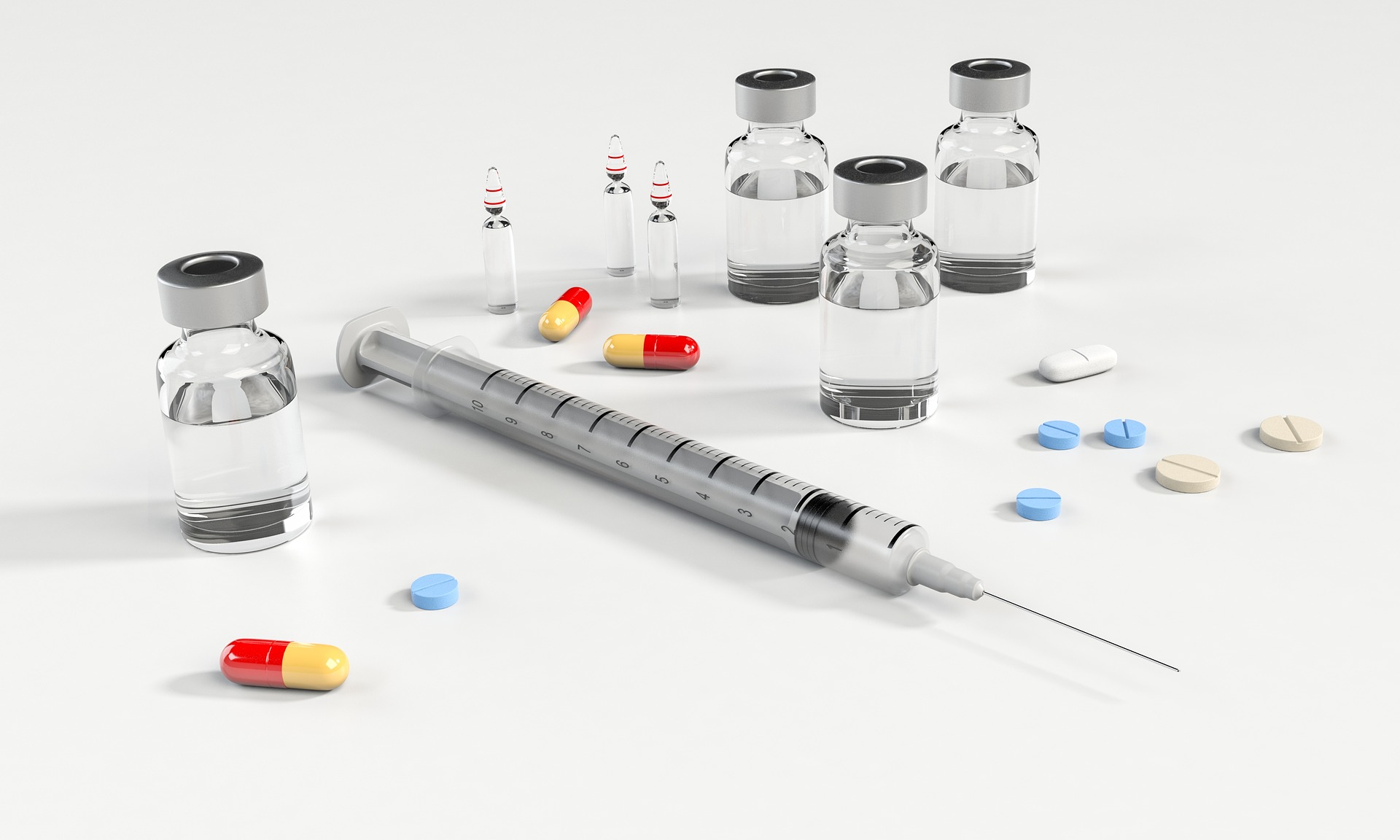The 21st Century Cures Act is going through the Energy & Commerce Committee now. You can read more about the Act here – http://energycommerce.house.gov/cures. The 21st Century Cures Act is a thinly veiled corporate give-away for the pharmaceutical companies. There are many things that I object to in the Act, but I think that its momentum is unstoppable so I’m recommending changes to it, rather than killing it. I am going to send the following letter to the bill’s sponsors, Fred Upton and Diana DeGette. I will also send this letter to my Congressional representatives. I encourage everyone reading this to send a letter to Congressman Upton, Congresswoman DeGette and other Congressional representatives. Please feel free to use my letter as a template, or to customize it as you see fit.
Also, please “tweet” your letters, stories, and anything else that you want to say about the 21st Century Cures Act to the Energy & Commerce Committee @HouseCommerce, Representative Upton @RepFredUpton, Representative DeGette @RepDianaDeGette and use the hashtags #Cures2015 and #Path2Cures. Thanks!
May 16, 2015
Re: Inclusion of Consumer Protection against Adverse Drug Reactions in the 21st Century Cures Act
Dear Chairman Upton and Representative DeGette:
I am writing because I have suffered from an adverse reaction to a popular pharmaceutical, and I would like to see more consumer protection and safety measures added to the 21st Century Cures Act.
At the age of 32, I went from doing crossfit regularly to barely being able to walk because I suffered from an adverse reaction to ciprofloxacin, a powerful fluoroquinolone antibiotic that can permanently damage all the nerves and connective tissues in one’s body. In addition to loss of mobility, I suffered from memory loss, loss of reading comprehension, loss of energy, and pain. There are many people who have significantly worse reactions than I did.
Because adverse reactions to fluoroquinolone antibiotics (and other pharmaceuticals) can be delayed, they are bizarre in nature (who would think that a prescription antibiotic could cause multi-symptom, chronic illness that resembles an autoimmune disease?), and adverse reactions can occur after previously tolerating the drug well, they are thought to be “rare.” I would argue that they are actually under-recognized.
However, since The 21st Century Cures Act focuses on “rare” conditions, I encourage you to focus some attention in the bill to “rare” adverse reactions to prescription drugs.
When people are hurt by a prescription drug they are often unable to gain help from the medical establishment (doctors can’t put your cells back together – the tv ads are misleading), and they are often unable to gain justice through the legal system (if a devastating adverse effect is listed on the warning label, you cannot sue because “you were warned”).
The pharmaceutical companies need to take more responsibility for the damage that the drugs that they create and manufacture do. Warning labels are not enough. They simply shift the blame from the maker of the drug to the victim of the drug. Enclosed is a plan to make pharmaceutical companies take responsibility for the harm done by the drugs that they discover, produce and put into the market.
The 21st Century Cures Act is proposing to get rid of many safeguards that are currently in place that keep dangerous drugs from entering the market. This is the wrong thing to do. More consumer safeguards need to be put in place, not fewer. If you are going to get rid of phase III clinical trials for potentially dangerous drugs, there MUST be systems in place to gather information about adverse reactions that occur in the general public that is consuming the drugs. I encourage you to put systems in place that require long-term and intergenerational studies to be performed on all drugs that are on the market.
The 21st Century Cures Act has a section that focuses on encouraging the development of new antibiotics. While it should be acknowledged that antibiotic resistance is a problem, the solution should be focused on prudent use of antibiotics, not the development of stronger antibiotics. Antibiotic drugs are not benign. I was hurt by an antibiotic drug—ciprofloxacin. It caused a multi-symptom syndrome that looked and felt like an autoimmune disease. Fluoroquinolone antibiotics have been found to have deleterious effects on mitochondria, neurotransmitters, the microbiome, the endocrine system, and more. Long-term studies to see if they are causally related to the many chronic diseases of modernity that are affected by mitochondria, neurotransmitter, microbiome and hormonal health, have not been conducted. Long-term studies on dangerous drugs like fluoroquinolones, that work by disrupting the DNA and RNA replication process for bacteria and mitochondria, should be conducted before the production of more drugs in their class is encouraged.
More attention should be paid to causes of the chronic diseases that plague our society. A major cause of chronic disease is ongoing cellular damage caused by pharmaceuticals.
Please balance out the 21st Century Cures Initiative so that it takes into consideration that pharmaceuticals are inherently dangerous and have multiple, often unacceptable, adverse effects. Moves toward greater drug safety are necessary and appropriate.
Thank you,
Lisa Bloomquist
Lakewood, Colorado
Enclosed: “A Public Policy Plan to utilize the Pharmaceutical Industry and Pharmacogenomics to reduce serious Adverse Drug Reactions, develop Personalized and Individualized Therapy, and provide a Functional Map of the Human Genome” by JMR on http://fluoroquinolonethyroid.com/












Lisa—very well written! (I especially like …”While it should be acknowledged that antibiotic resistance is a problem, the solution should be focused on prudent use of antibiotics, not the development of stronger antibiotics.”) 1% mentioned in the linked writing seems like such a tiny amount to spend on helping “fix” the existing problems. On a side note, I wrote to my senators, detailing the hideous side effects I have experienced and got a reply from one, basically saying “sorry, but….they are useful drugs…”) As long as Big Pharma can buy off politicians this sadly will continue. Great job. Signing and sending.
Lisa: This is a beautifully written commentary in response to the 21st Century Cures Act; I agree with Linda’s comments and have written to my Congressional representatives.